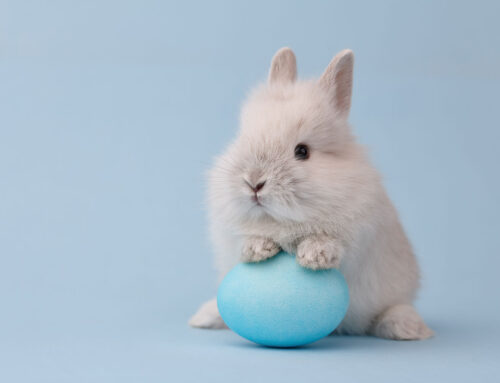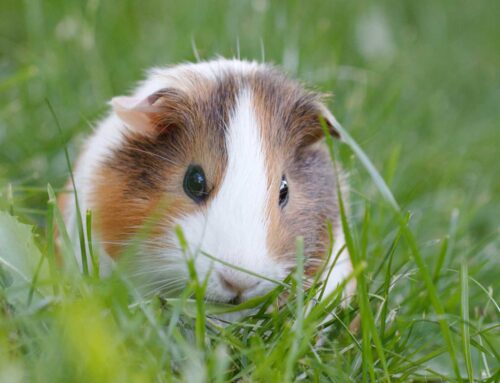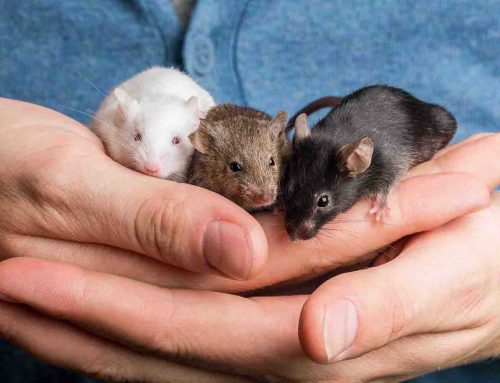Feeding
- Ferrets are meat eaters so a high quality dry kitten food containing meat proteins and fats is recommended. This will also reduce the incidence of dental disease.
- Do not give sugarly treats – acceptable snacks include fresh meat scrapes, baby foods and a very small amount of liver or fish cat treats.
- Ferrets don’t need a large amount of fibre but they may enjoy small amounts of vegetables or fruit (up to 1 tspn a day).
Health Care
- A vaccination against Canine Distemper is required at 6-8weeks, 10-12 weeks, 14-16 weeks and then every year for life.
- Ferrets can suffer from heartworm so they need a monthly preventative medication.
- Heart disease, hormone problems and tumours are common in ferrets.
- Gastrointestinal parasites are rare.
- Ferrets can be bathed usually no more frequently than once monthly. Use a mild shampoo eg, QV wash or Aloveen.
Housing
- Ferrets can be kept indoors or outdoors provided they are protected from the extremes of heat and cold.
- Ferrets can be trained to use a litter box but it should be kept close by to prevent accidents.
- Do not use any latex rubber toys. Ingestion of these is the most common cause of intestinal obstruction, particularly in young ferrets. Instead try paper bags, cloth toys for cats or hard plastic toys.
We welcome you to book an appointment or visit us to discuss how to keep your ferret in optimal health.






